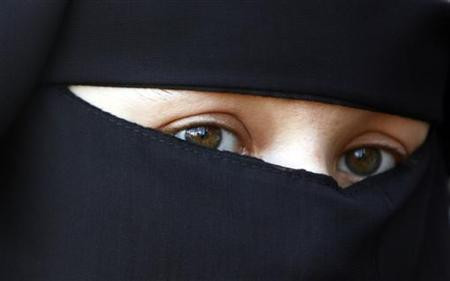Australia Burqa Ban Lifted Following Controversy

The Australian government has lifted a ban according to which parliament visitors wearing the burqa and other face veils would have been forced to sit behind glass in an enclosure separated from the rest of the public.
Officials said visitors would now have to show their face briefly to security.
"Once this process has taken place, visitors are free to move about the public spaces of the building, including all chamber galleries, with facial coverings in place," the Department of Parliamentary Services said in a statement.
The burqa is a garment that covers the entire body, with a semi-transparent cloth covering the eyes, and is worn by some Muslim women while they are in public.
The regulation sparked outrage by the opposition and rights activists, with some claiming it would target Muslim women living in the country.
Following the outrage, Prime Minister Tony Abbotts publicly announced he was taking into consideration a U-turn on the legislation.
Previously, Abbott had showed support for the suggested ban, citing security grounds.
Referring to the regulation, he said he finds the burqa "a fairly confronting form of attire and frankly I wish it weren't worn."
However, he added: "We are a free country, we are a free society, and it's not the business of government to tell people what they should and shouldn't wear."
Australia and Attacks on Muslim Women
Australia is witnessing a surge in attacks against Muslim women.
The episodes of violence, prompted dozens of Australian women to join WISH, a social media campaign aimed at "counter-acting anti-Muslim sentiments" after Muslim women "were physically attacked, had their scarves ripped of their heads, had coffee hurled at them and have had their cars vandalised and spray painted with profanities."
High-profile women such as Studio 10 news presenter Jessica Rowe and Labor MP Julie Owens took part in the campaign to overturn the ban.
© Copyright IBTimes 2025. All rights reserved.





















